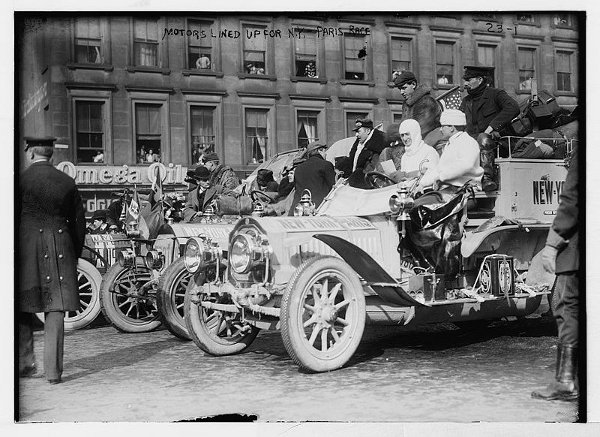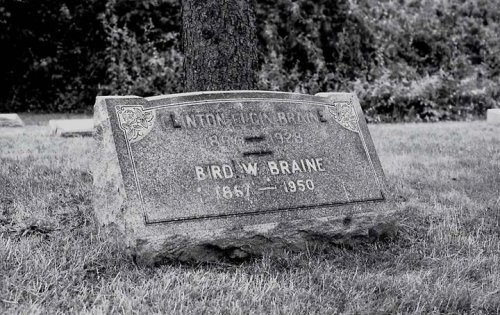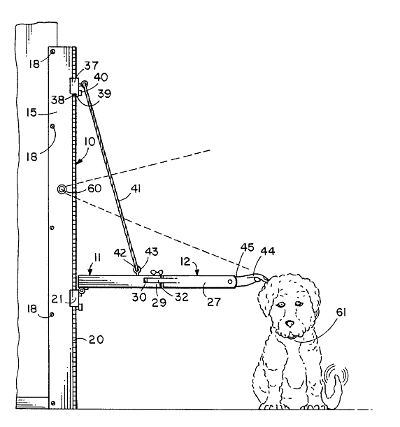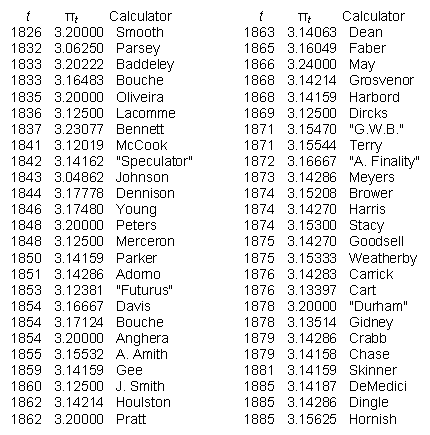A famous councilor of Zurich … relates that Guillaume de Saluces, who was Bishop of Lausanne from 1221 to 1229, ordered the eels of Lake Leman to confine themselves to a certain part, from which they were not to go out. …
The summonses against offending animals were served by an officer of the criminal court, who read these citations at the places frequented by them. Though judgment was given by default on the non-appearance of the animals summoned, yet it was considered necessary that some of them should be present when the citation was delivered; thus, in the case of the leeches tried at Lausanne, a number of them were brought into court to hear the document read, which admonished them to leave the district in three days.
— William Jones, “Legal Prosecutions of Animals,” The Popular Science Monthly, September 1880




